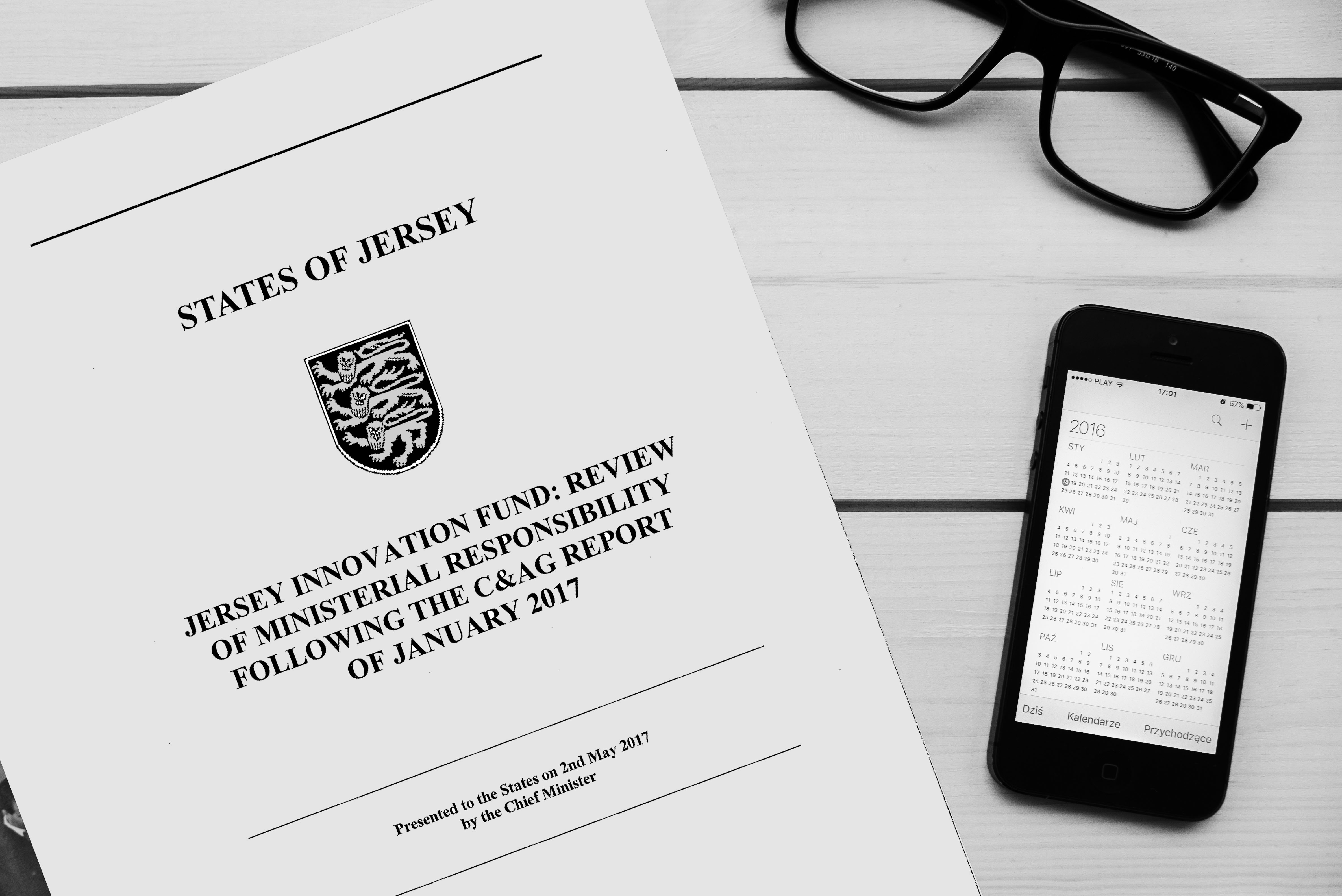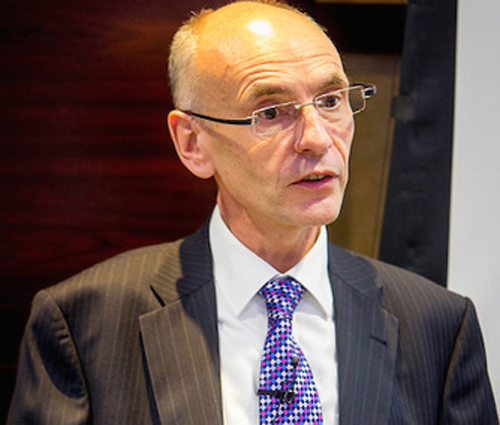

When States members agreed to back the ill-fated Innovation Fund, it turns out that they might have signed up for something very different from how things actually panned out.
Set up in 2013, the Innovation Fund promised to stimulate Jersey’s economy and create new jobs using £5 million of taxpayers’ money to provide loans to promising start-ups following the recent economic crisis.
After amendments to the original proposition following a Scrutiny Panel review, the idea won substantial favour among States members, before feelings turned sour last year when it emerged that loan repayments totalling up to £1.4 million had fallen overdue and that one States-backed company, Logfiller, had gone into liquidation.
A damning report from the Comptroller and Auditor General (CAG), Karen McConnell, suggested that the failure could be down to poor governance, while another, penned by Jessica Simor QC suggested that confusion over who was really in charge – Minister for Economic Development Lyndon Farnham or then Assistant Treasury Minister Philip Ozouf – pre-empted the fund’s gloomy conclusion.
But now further concerns have been raised in a Public Accounts Committee Scrutiny Hearing – part one of an ongoing investigation into the fund’s failure – that the final product didn’t look anything like what the States Assembly had agreed at all.

Pictured: The deeply critical Comptroller and Auditor General's report was presented to the States in January.
The proposition set out that the Innovation money pot would later transform into a ‘Partnership Fund’ six months down the line, allowing the States to take a share of the companies, and subsequently enjoy enhanced returns from successful businesses and those sold-off for “significant gain”. This, the proposition argued, would allow the fund to become self-replenishing.
But in questioning by the Public Accounts Committee yesterday, Chief Executive John Richardson and Treasurer Richard Bell admitted that the doomed fund had never achieved this objective, and hadn’t come anywhere near doing so.
Mr Richardson told the panel that this may have been due to “where we were in terms of the election cycle”, while the Treasurer argued that he would have wanted to commence a review of “Phase One” anyway, before considering amending the Public Finances Law to allow the States to take an equity share in businesses.
It also emerged during the hearing that States Members may not have been aware of the level of risk associated with the Fund when they went to vote. It had originally been suggested that 10 or 20% of business in receipt of public money would fail, but no official figure was provided in the original proposition.
It was only months after the proposition had passed that a team comprised of the Treasurer, Chief Executive, Chief Minister Gorst, Senator Routier and four members of the Innovation Fund non-executive advisory Board agreed that around 50% of borrowers could fail, in a meeting curiously not attended by Senators Ozouf and Farnham, who held political responsibility for the Fund.

Pictured: States Chief Executive John Richardson, who appeared in front of the PAC yesterday.
Mr Richardson remained adamant that States members had both simultaneously praised the Fund but identified the risk, claiming that the debate transcript was, “…one of the clearest…I’ve ever read in terms of agreement”, but later admitted that it was a “problem” that a figure for failure, “…was never nailed down.”
“What we in the Assembly agreed is actually very different to what happened in practice. That is our concern,” Constable Chris Taylor, member of the Public Accounts Committee (PAC) stated.
Questions were also raised over why the loans, which were several hundreds of thousands of pounds, were issued in single tranches rather than in staggered payments, which would have somewhat mitigated the money loss risk, as well as who was ultimately responsible for monitoring repayments.
Both Mr Richardson and Mr Bell distanced themselves from responsibility of the oversight of the fund, stating that Accounting Officer Mike King, who will not be providing evidence to Scrutiny in person, should have overseen this.
But PAC Chairman, Deputy Andrew Lewis, pointed out that although there was not a “solid” link to the two men, there was, “…a dotted line from the accounting officers to you both.”
Comments
Comments on this story express the views of the commentator only, not Bailiwick Publishing. We are unable to guarantee the accuracy of any of those comments.